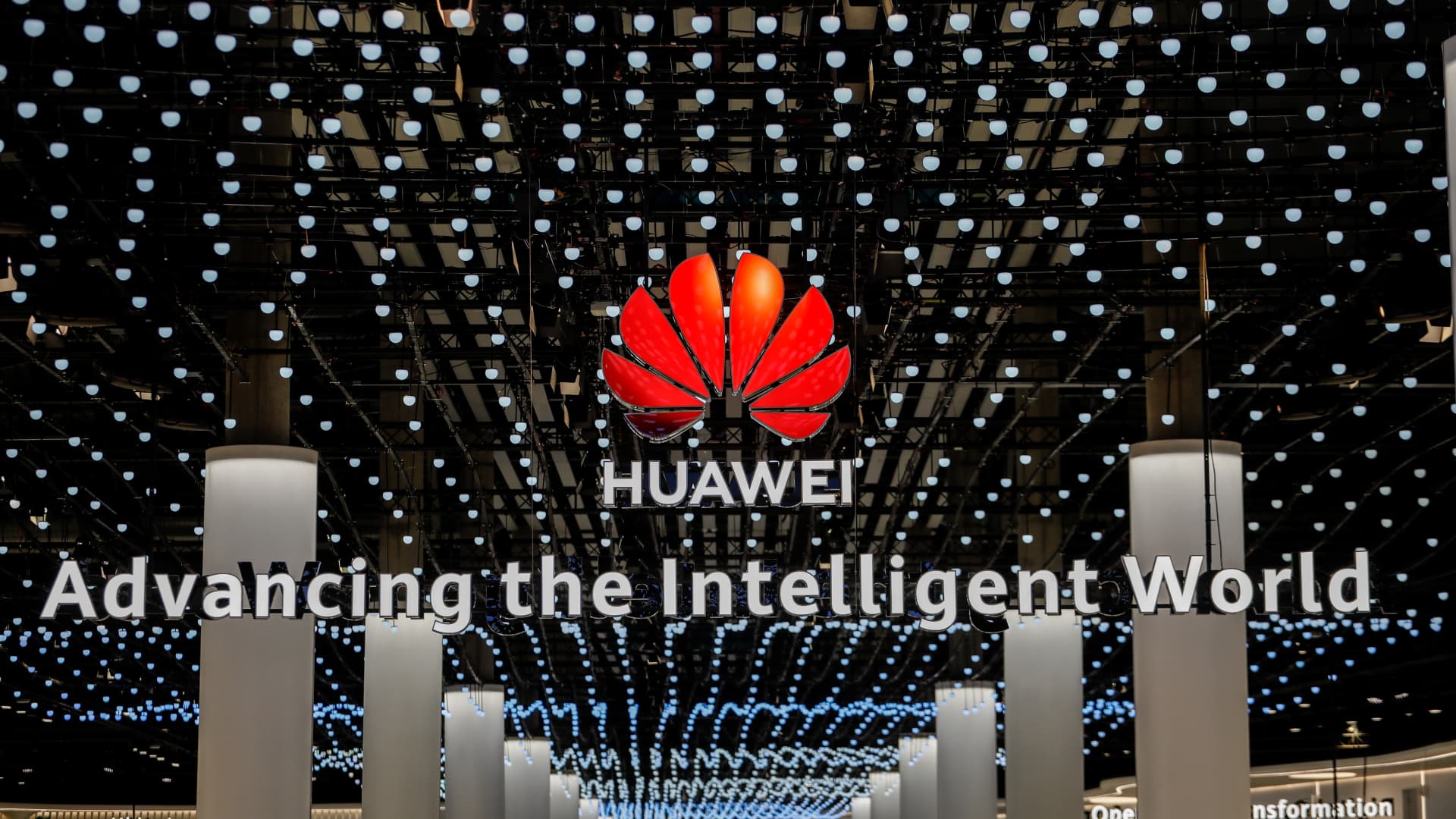Products You May Like
BEIJING — Chinese telecommunications company Huawei said Friday its net profit for 2023 more than doubled thanks to better product offerings.
The company also attributed the profit gains to revenue growth of 9.6% year-on-year to 704.2 billion yuan ($99.18 billion). Net profit grew by 114.5% year-on-year to 87 billion yuan.
Higher quality operations and sales of some businesses contributed to profitability as well, according to Huawei.
The telecommunications company made a comeback in the smartphone market in 2023 with the quiet release of its Mate 60 Pro in China in late August. Reviews indicated the device offers download speeds associated with 5G — thanks to an advanced semiconductor chip. That’s despite U.S. restrictions since 2019 on Huawei’s ability to access high-end tech from American suppliers.
The Mate 60 Pro helped boost Huawei’s sales in China. In the fourth quarter, Huawei smartphone shipments in the country surged by 47% from a year ago, putting the company in fourth place by market share, ahead of Xiaomi, according to Canalys. Apple maintained first place with 6% year-on-year growth in shipments, the data showed.
Huawei’s revenue grew by 0.9% to 642.3 billion yuan in 2022, as the company stabilized its business in a tough year following a plunge of more than 28% in sales in 2021. Net profit in 2022 fell by 69%, the largest drop on record. The company at the time cited rising commodity prices, China’s pandemic controls and growing research and development spend.
Huawei on Friday also said its intelligent automobile solutions business saw revenue grow by 128.1% from a year ago to 4.7 billion yuan.
The company sells software and other technology to car companies. It has also partnered with an automaker for the Aito electric car brand.
Huawei said its consumer business saw revenue grow by 17.3% year-on-year to 251.5 billion yuan in 2023.
ICT remained by far Huawei’s biggest revenue driver with 362 billion yuan in revenue in 2034, up 2.3% from a year ago.
Cloud revenue grew by nearly 22% to 55.3 billion yuan.
— CNBC’s Arjun Kharpal contributed to this report.
